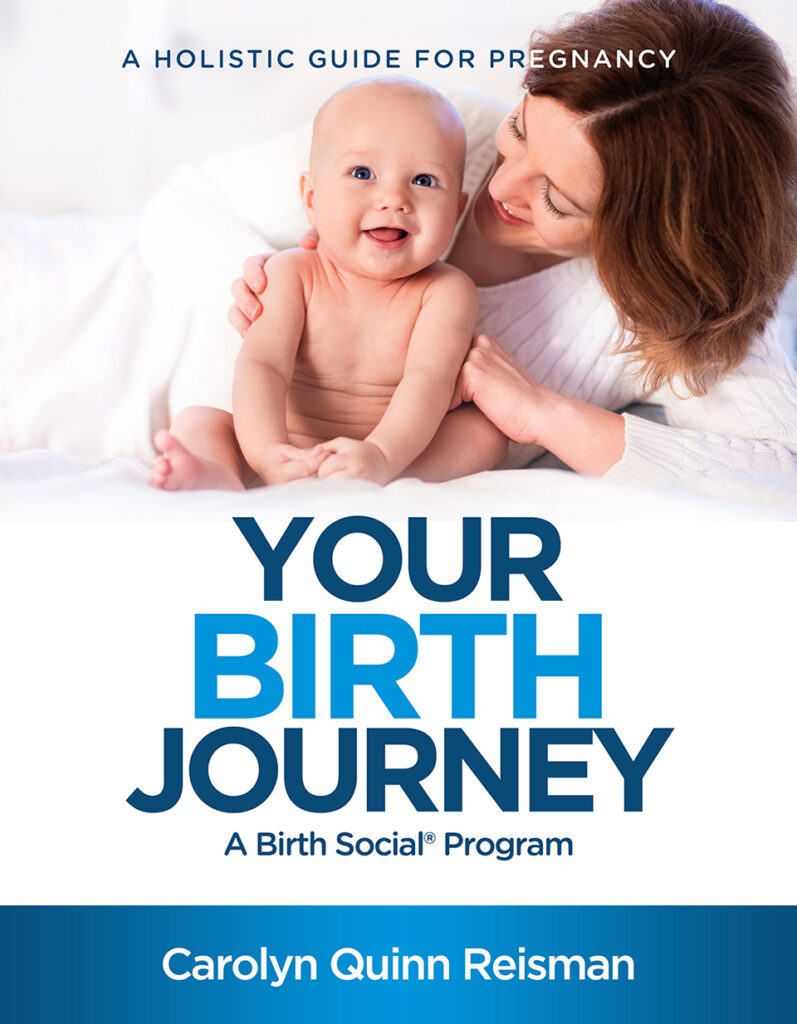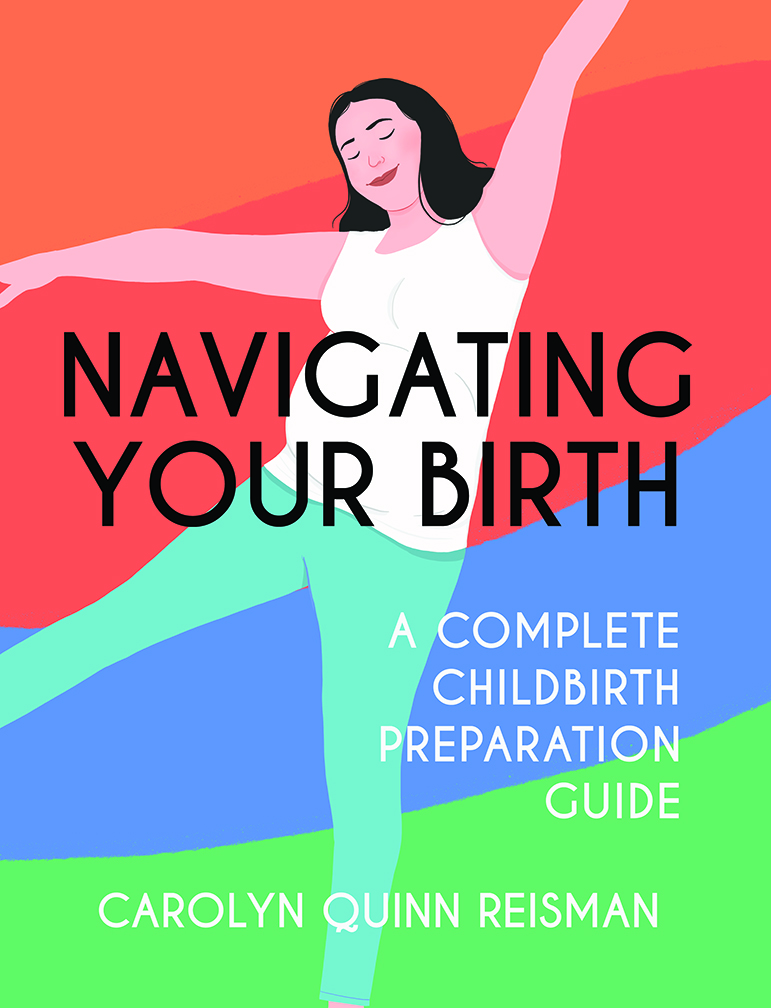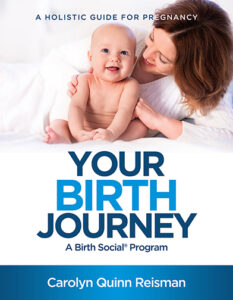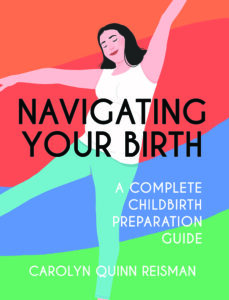The subject of vaccinations always brings a room alive with discussion. You will even get a mixed bag of responses from midwives. Some midwives feel it is their job to provide some information on vaccination, while other midwives do not consider the subject of vaccinations to be part of their practice at all. One thing is for certain: parents ask midwives about vaccinations for children.
The motto: “Educate before you vaccinate.” While you are waiting for baby, educate yourself as much as possible on vaccinations. Have discussions with your partner about this important topic. Find a pediatrician that is in line with your philosophy. To give you an idea of what vaccination schedules look like, review the following approaches to vaccination schedules.
Vaccine Schedules
The Centers for Disease Control (CDC) is the gold standard for vaccines in the United States and has a strict vaccine schedule, with several vaccines administered at one time to babies and children. Several leading doctors have stirred a hornet’s nest when it comes to the CDC schedule, offering alternatives to parents that are highly questioned by the medical community.
When using an alternative schedules, fewer vaccines are given at one time and are spread out over a longer period. Doctors who promote alternative schedules have two main concerns: 1) That the chemicals and ingredients in vaccines may not be one hundred percent safe. 2) That the number of vaccines a child receives at one time may overwhelm the immune system, which may increase the likelihood of a reaction. Major medical organizations and the CDC, however, claim there is no evidence to back these claims.
Vaccinations are recommend for children from birth to eighteen years. The following schedules include years up to six years old, so you will want to do more reading to learn more.
CDC Schedule
To learn about the the CDC vaccination schedule for children up to 18 years old, visit the Centers for Disease Control.
At birth – Hep B
2 Months
Hep B (second dose at 2 and 4 months)
Rotavirus; DTaP; Hib; PCV; IVP
4 Months
Rotavirus (second dose)
DTaP (second dose)
Hib (second dose)
PCV (second dose)
IVP (second dose)
6 Months
Hep B (third dose 6 to18 months)
Rotavirus (third dose)
DTaP (third dose)
PCV (third dose)
IVP (third dose 6 to18 months)
Influenza (given every year to age19)
1 year
Hib (third dose 12 to15 months)
PCV (fourth dose 12 to15 months)
MMR (first dose 12 to15 months)
Varicella (first dose 12 to15 months)
Hep A (starting at 1 year, two doses –
6 mo apart)
15 months
DTaP (fourth dose 15 to 18 months)
4 to 6 years
DTaP (fifth dose)
IVP (fourth dose)
MMR (second dose)
Varicella (second dose
Dr. Robert Sears
In 2007, Dr. Robert Sears published The Vaccine Book: Making the Right Decision for Your Child. It introduces a middle ground between the official CDC vaccine schedule and no vaccines at all. He includes two alternatives: The Alternative Vaccine Schedule and the Selective Schedule.
He has two main concerns when it comes to the CDC schedule.
- That the chemicals and ingredients in vaccines may not be 100 percent safe.
- That the number of vaccines a child receives on the CDC schedule may overwhelm the immune system, which may increase the likelihood of a reaction.
He says his alternative schedule won’t overwhelm young immune systems, but it still provides complete vaccine protection.
Dr. Sears Alternative Vaccination Schedule
The problem with this schedule is that the M/M/R is no longer available as individual vaccines.
2 months
DTaP; Rotavirus
3 months
PCV; Hib
4 months
DTaP (2nd dose)
Rotavirus (2nd dose)
5 months
PCV (2nd dose)
Hib (2nd dose)
6 months
DTaP (3rd dose)
Rotavirus (3rd dose)
7 months
PCV (third dose)
Hib (third dose)
9 months
Polio
Flu (every year until 19 yrs)
12 months
Mumps
Polio (second dose)
15 months
PCV (fourth dose)
Hib (fourth dose)
18 months
DTaP (fourth dose)
Chickenpox
21 months
Flu
2 years
Rubella
Polio (third dose)
2 1/2 years
Hep B; Hep A
3 years
Hep B; Measles; Flu
3 1/2 years
Hep B (second dose)
Hep A
4 years
DTaP (fifth dose)
Polio (fourth dose)
Flu
5 years
MMR; Flu
6 years
Chickenpox (second dose)
Dr. Sears Selective Schedule
For parents who want to avoid the more risky baby immunizations, Dr. Sears suggests the following “selective” schedule, although shots still start at 2 months:
2 months – DTaP; Rotavirus
3 months – Pc; HIB
4 months – DTap; Rotavirus
5 months – Pc; HIB
6 months – DTap; Rotavirus
7 months – Pc; HIB
15 months – Pc; HIB
18 months – DtaP; chickenpox
21 months – Flu
5 years – Tetanus booster
Dr. Paul's Friendly Vaccine Plan
The Vaccine-Friendly Plan (2016) written by Dr. Paul is another book you can check out for alternative vaccinations. He takes an integrative approach, combining a vaccine plan with exclusive breastfeeding, a healthy diet, getting enough vitamin D, exercise, and avoiding toxins.
Pregnancy: No vaccines
Birth: No HepB
2 months – Hib, DTaP
3 months – Prevnar
4 months – Hib, DTaP
5 months – Prevnar
6 months – Hib, DTaP
7-9 months – Prevnar
12 months – Hib, Prevnar
18 months – DTaP
3 years – MMR
5-6years – DTaP
Tips to Consider
- There is no vaccine that is 100 percent effective, so even a vaccinated child could get sick if exposed.
- If you are returning to work and your baby needs to go to daycare, review your options for immunization.
- If you travel abroad, review CDC’s traveler’s information website to learn about possible diseases.
Recommended questions include:
- Is my child or anyone in the household sick?
- Has my child or anyone in our family had a reaction to vaccinations?
- Do I or my child have a personal or family history of vaccine reactions, neurological disorders, autoimmune disorders, MTHFR gene mutation or severe allergies?
- Do I have full information about the vaccine’s side effects?
- Do I know the appropriate comfort measures for during and after a vaccine?
Do Your Research
This article is provided only to give parents an idea of the decisions they face when it comes to vaccinations. The sources below are just the tip of the iceberg. Take time early in your pregnancy to research and discuss this important topic with your partner, specialists, and provider.
Askdrsears.com, Vaccine-preventable Diseases
Centers for Disease Control (2020). Recommended Child and Adolescent Immunization Schedule for ages 18 years or younger, United States, 2020. CDC.gov.
Dr. Paul, Dr. Paul’s Approved Plan (PDF)
National Institute of Health, National Library of Medicine, How Do Midwives and Physicians Discuss Childhood Vaccination with Parents? Journal of Clinical Medicine, December 2013.
Sears, R.W., The Vaccine Book: Making the Right Decision for your Child, Second Edition. New York: Little Brown and Company, 2012.
Thomas, P. The Vaccine-Friendly Plan: Dr. Paul’s Safe and Effective Approach to Immunity and Health – from Pregnancy Through Your Child’s Teen Years. Ballantine Books, 2016.
Lorem ipsum dolor sit amet, consectetur adipiscing elit. Ut elit tellus, luctus nec ullamcorper mattis, pulvinar dapibus leo.














